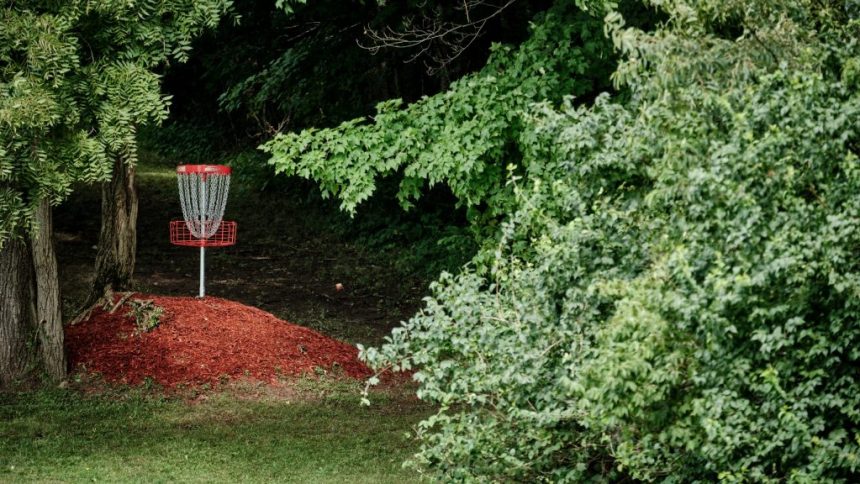Disc golf, a popular outdoor recreational activity, is governed by a set of rules designed to ensure a fun and fair experience for all players. While most players are familiar with the basic rules of the game, many may not be aware of the penalties and fines associated with rule infractions. In this guide, we’ll explore the various infractions and consequences that players may face in disc golf.
Types of Infractions
There are several types of infractions that can occur during a game of disc golf. These include:
- Loss of turn: This occurs when a player takes more than the allotted time to play their shot or fails to play their shot within the designated time limit.
- Out of bounds: This occurs when a player’s disc lands outside the designated playing area.
- Mandatory penalty shot: This occurs when a player fails to follow the rules of the course, such as playing from an incorrect location or failing to retrieve their disc from a hazard.
- Score keeping errors: This occurs when a player incorrectly records their score or fails to update their scorecard accurately.
Penalties and Fines
The penalties and fines associated with each infraction vary depending on the severity of the infraction and the discretion of the course officials. Generally, the penalties and fines can include:
- Loss of turn: A player may be forced to replay their shot or lose their turn entirely.
- Out of bounds: A player may be forced to replay their shot or incur a penalty stroke.
- Mandatory penalty shot: A player may be forced to take a penalty stroke or incur a fine.
- Score keeping errors: A player may be disqualified or incur a fine for incorrect scorekeeping.
Consequences of Infractions
The consequences of infractions can vary depending on the severity of the infraction and the discretion of the course officials. In some cases, the consequences may include:
- Disqualification: A player may be disqualified from the tournament or competition.
- Fine: A player may be fined a set amount of money or a percentage of their winnings.
- Penalty stroke: A player may incur a penalty stroke, which can significantly impact their score.
- Suspension: A player may be suspended from competing in future tournaments or competitions.
Appealing Infractions
If a player believes that an infraction has been incorrectly called or penalized, they may appeal the decision to the course officials. The appeal process typically involves:
- Submitting a written appeal to the course officials within a specified time frame.
- Providing evidence or supporting documentation to support the appeal.
- A review of the appeal by the course officials, who may uphold or overturn the original decision.
Conclusion
Fines and penalties are an important aspect of disc golf, as they help to ensure that players adhere to the rules of the game and maintain a fair and enjoyable experience for all. By understanding the various infractions and consequences associated with rule infractions, players can avoid costly mistakes and maintain their integrity in the game. Remember, knowledge is power, and being aware of the rules and penalties can help you navigate the course with confidence and accuracy.
FAQs
Q: What is the most common infraction in disc golf?
A: The most common infraction in disc golf is loss of turn, which occurs when a player takes more than the allotted time to play their shot or fails to play their shot within the designated time limit.
Q: Can I appeal an infraction?
A: Yes, players may appeal an infraction to the course officials. The appeal process typically involves submitting a written appeal, providing evidence or supporting documentation, and a review of the appeal by the course officials.
Q: What is the most severe penalty for an infraction?
A: The most severe penalty for an infraction in disc golf is disqualification, which can result in a player being removed from the tournament or competition.
Q: Can I be suspended from competing in future tournaments?
A: Yes, players who repeatedly violate the rules of the game or fail to follow course instructions may be suspended from competing in future tournaments or competitions.








